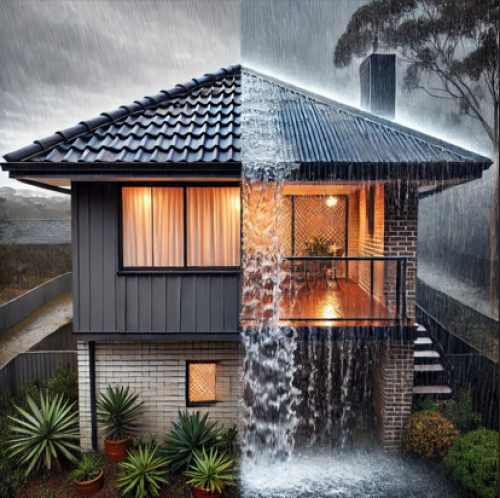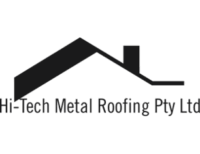Winter-Proof Your Penrith Property: Metal Roofing vs Tiled

Winter-Proof Your Penrith Property: Metal Roofing vs. Tiled Roofs
Winter in Penrith brings cold temperatures, rain, and moisture build-up. Choosing the right roofing material is essential to protect your home or business. Metal roofs and tile roofs are two popular options. But which one performs better in winter?
Understanding the differences between metal roofing and tiled roofing can help you make the best decision for energy savings, comfort, and durability this winter.
What Are the Key Differences Between Metal and Tiled Roofing?
Metal roofing is made from materials like steel or aluminium. It is installed in long panels or sheets. These roofs are lightweight and built to last. Tile roofs are usually made from terracotta or concrete. They are heavier and installed in overlapping rows.
In winter, the performance of these materials differs. Metal roofs shed water faster and are more resistant to cold damage. Tiles can crack under pressure or absorb moisture. This affects their long-term performance.
How Do These Roofing Types Affect Indoor Temperatures?
Metal roofs reflect radiant heat and work well with insulation. They trap warmth inside the home during cold weather. With roof blankets or insulated panels, heat stays in and cold stays out.
Tile roofs can be harder to insulate. Gaps between tiles let warm air escape. In older homes, tiles may shift, creating leaks and drafts. That makes heating systems work harder. As a result, energy bills go up and comfort goes down.
What Role Does Moisture Play in Roofing Performance?
Penrith winters are wet. Water resistance is key. Metal roofs are sealed tightly and allow fast water runoff. This keeps roof cavities dry and prevents mould.
Tiles absorb moisture. Over time, this weakens the structure and insulation. If moisture gets into the ceiling, mould can form and spread. That creates health risks for people living in the home.
How Can You Test for Roof Moisture and Heat Loss?
A thermal scan or energy audit can show where heat is escaping. These tests highlight problem areas in old tile roofs. Professionals can also check for leaks, damp patches, and ceiling stains.
Metal roofing makes sealing easier. Full-length panels reduce the number of joints and entry points for water. This improves both energy efficiency and moisture control. Testing can help decide whether an upgrade is worth it.
What’s Involved in Replacing Tiles with Metal Roofing?
Replacing a tiled roof with metal involves removing the old tiles, inspecting the structure, and installing new metal panels with insulation. It’s a great option during winter renovations or when your tiled roof begins to fail.
The result is a lighter, more weatherproof system. It reduces load on the home and improves performance in winter. Many Penrith homeowners choose metal roofing for long-term value. It’s also quicker to install.
Can Metal Roofing Help Prevent Future Roof Issues?
Yes. Metal roofs have fewer issues with cracking, shifting, or leaking. They’re less likely to suffer winter damage compared to tiles. Metal panels resist rust, won’t warp, and require little maintenance.
Painted metal surfaces like Colorbond also come with protective coatings. These resist corrosion, UV damage, and rain. The coating also adds to their visual appeal, with many colours available to suit different home styles.
Who Should Consider Switching from Tiles to Metal Roofing?
Any homeowner with an older tiled roof in poor condition should consider switching. Families with allergy concerns or poor insulation issues will benefit the most. Cold, damp homes can worsen health problems in vulnerable groups.
Commercial properties with high energy bills or moisture problems should also consider upgrading. A metal roof is a smart, long-term solution for Penrith’s winter conditions. Schools, clinics, and rental properties benefit too.
Save on Energy Bills This Winter with Metal Roofing in Penrith
As we explored in Save on Energy Bills This Winter with Metal Roofing in Penrith, the right roof helps reduce heating needs. Tiles often lead to heat loss and higher bills.
Metal roofing works better with insulation and prevents energy waste. This results in lower costs and a warmer, more efficient home. Energy savings over time can help recover the cost of installation.
What About Maintenance and Longevity?
Metal roofs last longer with less effort. They don’t need as many repairs as tile roofs. Regular inspections and occasional cleaning are usually enough to keep them in top shape.
Tiled roofs need more upkeep. Replacing broken tiles, clearing moss, and resealing joins takes time and money. In winter, these tasks can be harder to perform.
Are There Differences in Environmental Impact?
Yes. Metal roofing is often made from recycled materials. It is also fully recyclable at the end of its life. Its lightweight nature reduces the need for structural reinforcement.
Tiles are heavier and harder to recycle. Production uses more energy. Over time, metal roofing proves to be a more eco-friendly option for Penrith households.
What’s Coming Next in the Series?
In our next article, we’ll look at how metal roofs reduce moisture build-up and protect against winter mould. You’ll learn why dry ceilings mean healthier homes.
This is especially important for families, seniors, and those with asthma or respiratory issues. Preventing damp can improve air quality and comfort.
If your roof struggles to handle Penrith winters, consider upgrading today. Contact Hi Tech Metal Roofing for expert guidance and quality installations.
Visit our Facebook Page for real stories, local case studies, and winter-ready roofing transformations.
📝 Next blog in this series:
Prevent Mould and Damp This Winter with Metal Roofing in Penrith

